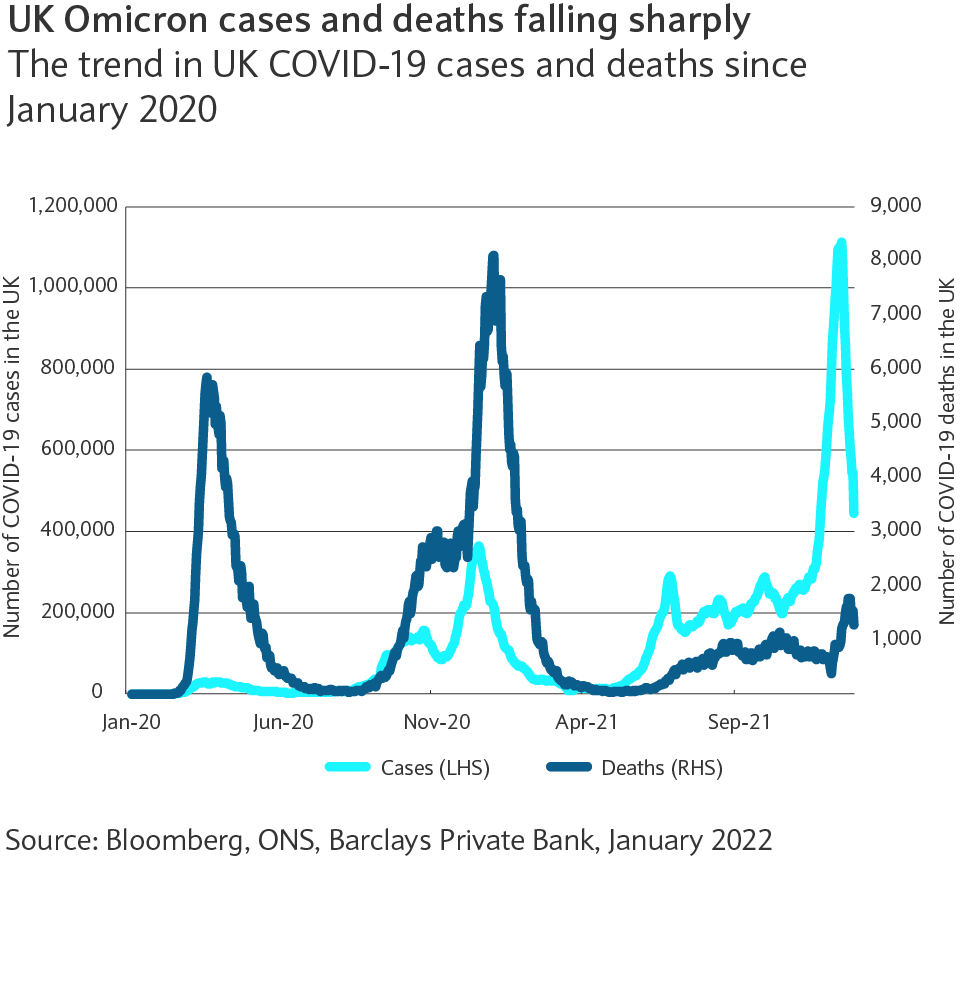
Barclays Profits Slip Amid Mortgage Squeeze
Barclays has reported lower profits for the start of the year, as mortgage lending and deposits dipped and its investment bank underperformed. Profit after tax dropped to £1.6bn in the first three months of 2024, compared with £1.8bn in the same period one year earlier, Barclays said in a results statement.
Pre-tax profits were down 12% to £2.28bn in the first three months of the year from £2.6bn a year earlier. Group income fell 4% to £7bn, while net interest margin – the difference between what the bank charges for loans and savings – fell to 3.09% from 3.18%.
UK operations were hit by “subdued mortgage lending amid lower market demand”, while customer deposits declined on increased competition in savings accounts in the UK, according to Barclays.
Barclays logo
It saw customer deposits dip by 2% driven by lower customer account balances, which the bank said reflected broader consumer trends.
Barclays’ investment bank stuttered in the first quarter, failing to meet its Wall Street rival’s performance, with revenue from fixed income trading tumbling by 21%.
Barclays is aiming to restore its credibility with investors, after years of share price underperformance, clashes with activists over the role of its investment bank, and management turnover.
Chief executive CS Venkatakrishnan said: “We are focused on disciplined execution of the plan that we presented at our Investor Update on 20th February. We have now announced the sale of our performing Italian mortgage book and are investing in our higher returning UK consumer businesses, including through the expected completion of the Tesco Bank acquisition in Q4.”
“We continue to exercise cost discipline and remain well capitalised with a Common Equity Tier 1 (CET1) ratio at the end of the quarter of 13.5%.”
 Barclays profits graph
Barclays profits graph
The bank’s shares were trading 4.3% up at 0840 GMT compared with a 0.5% rise in the FTSE 100 index.
Barclays is bidding to restore investor faith in its universal banking business model, after years of share price underperformance, clashes with activists over the role of its investment bank, and management turnover.
The British bank said in a long-awaited strategy review on Feb. 20 it would invest in its high-returning domestic banking business, as well as axing £2 billion of costs and ramping up payouts to shareholders.













